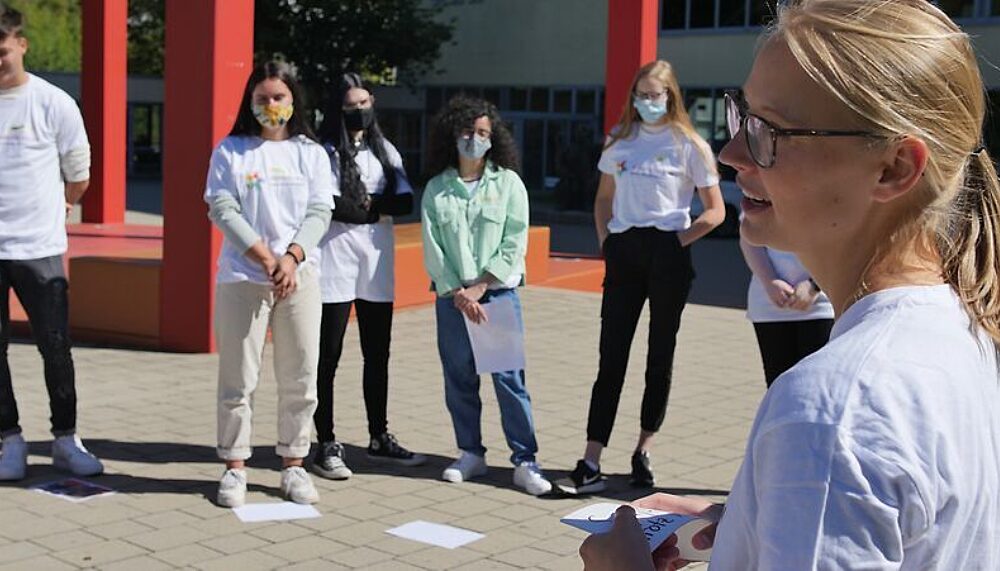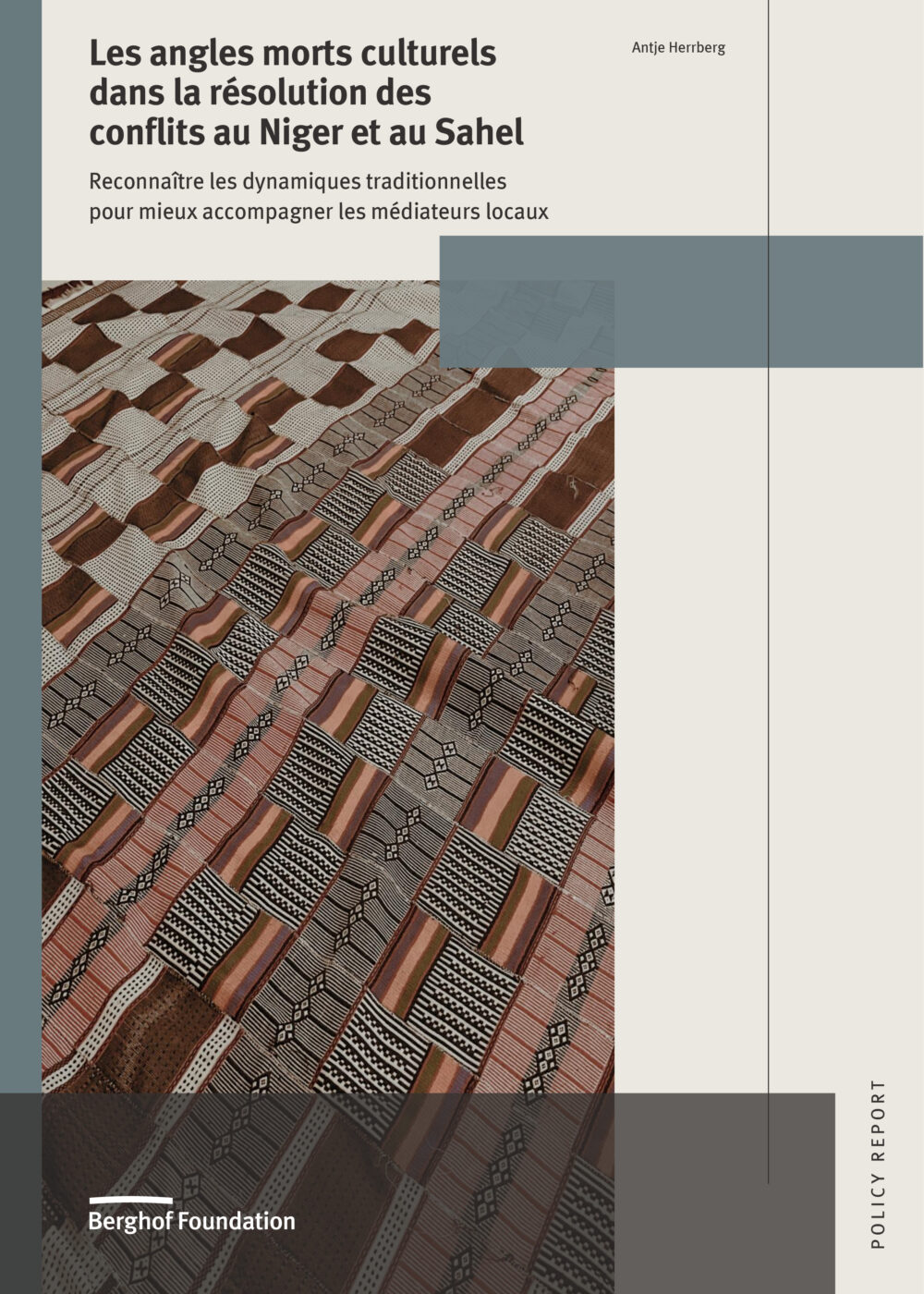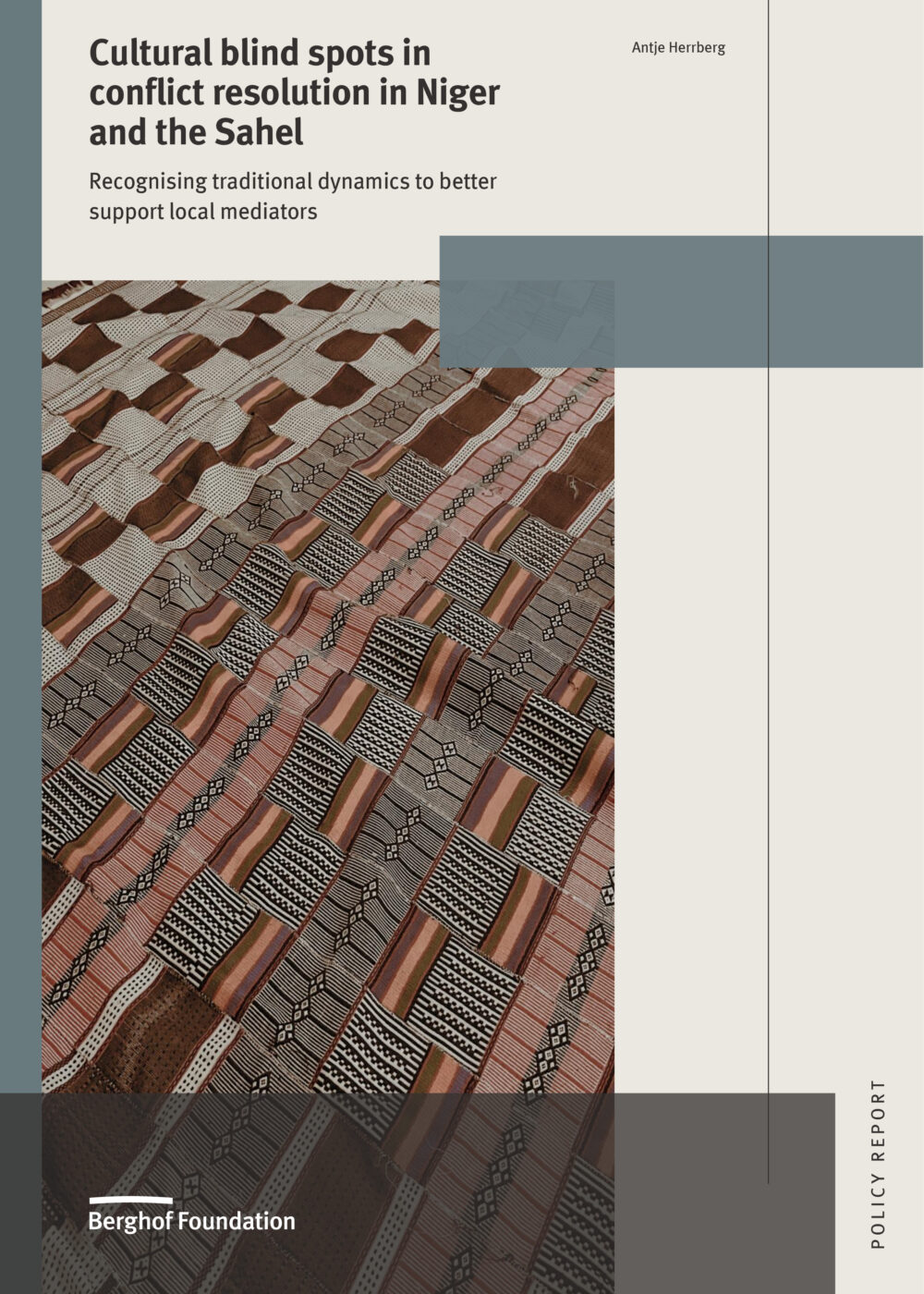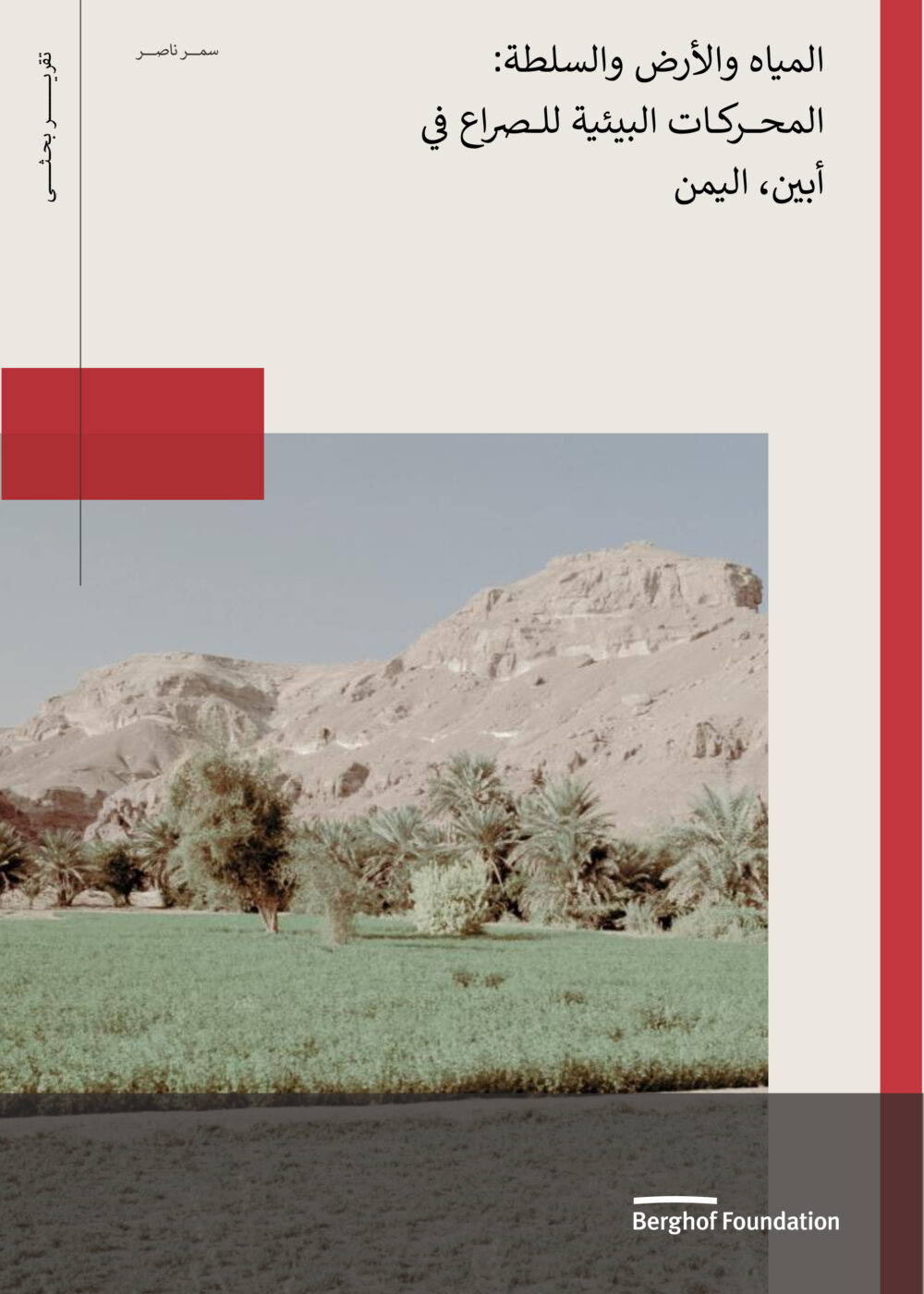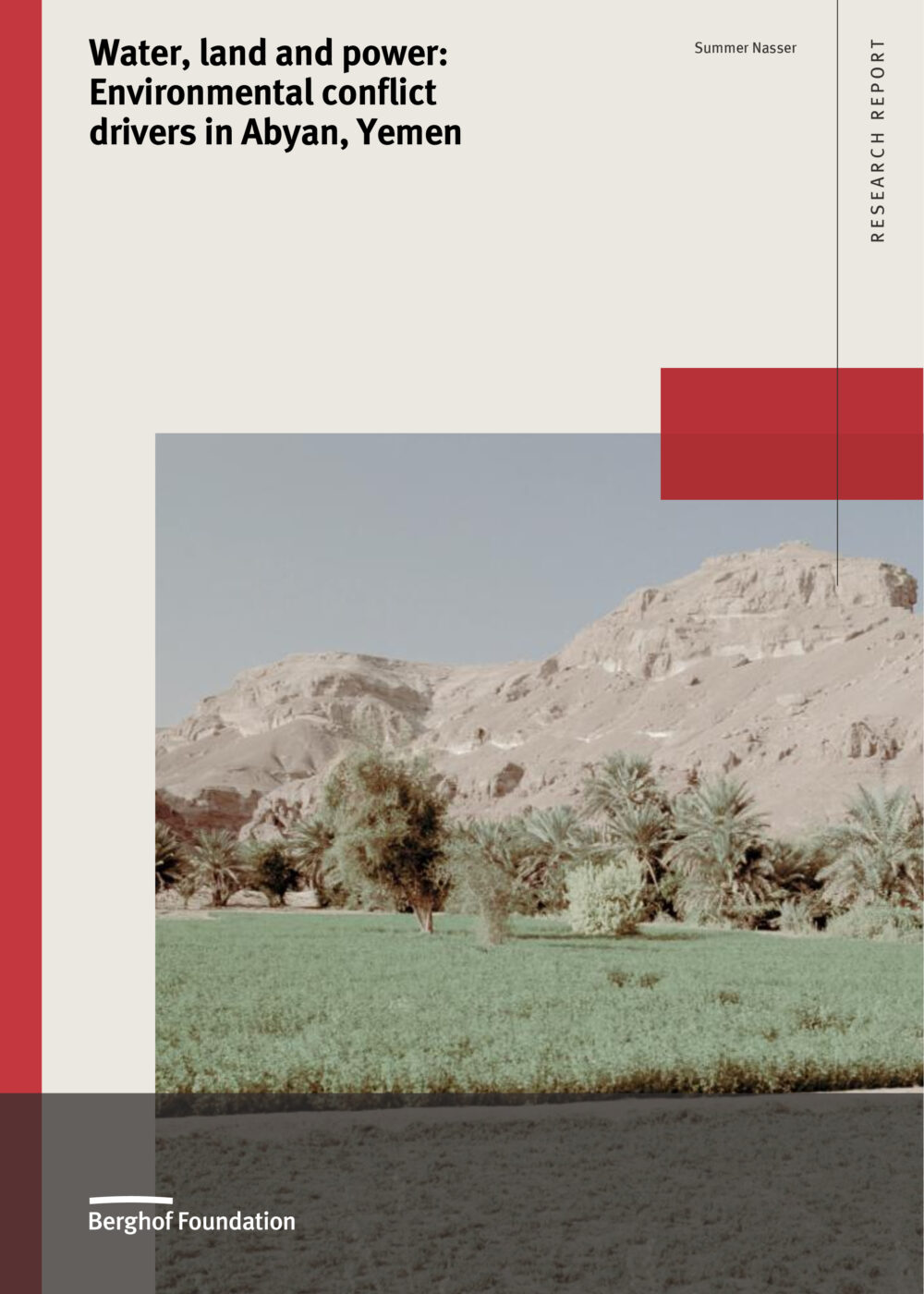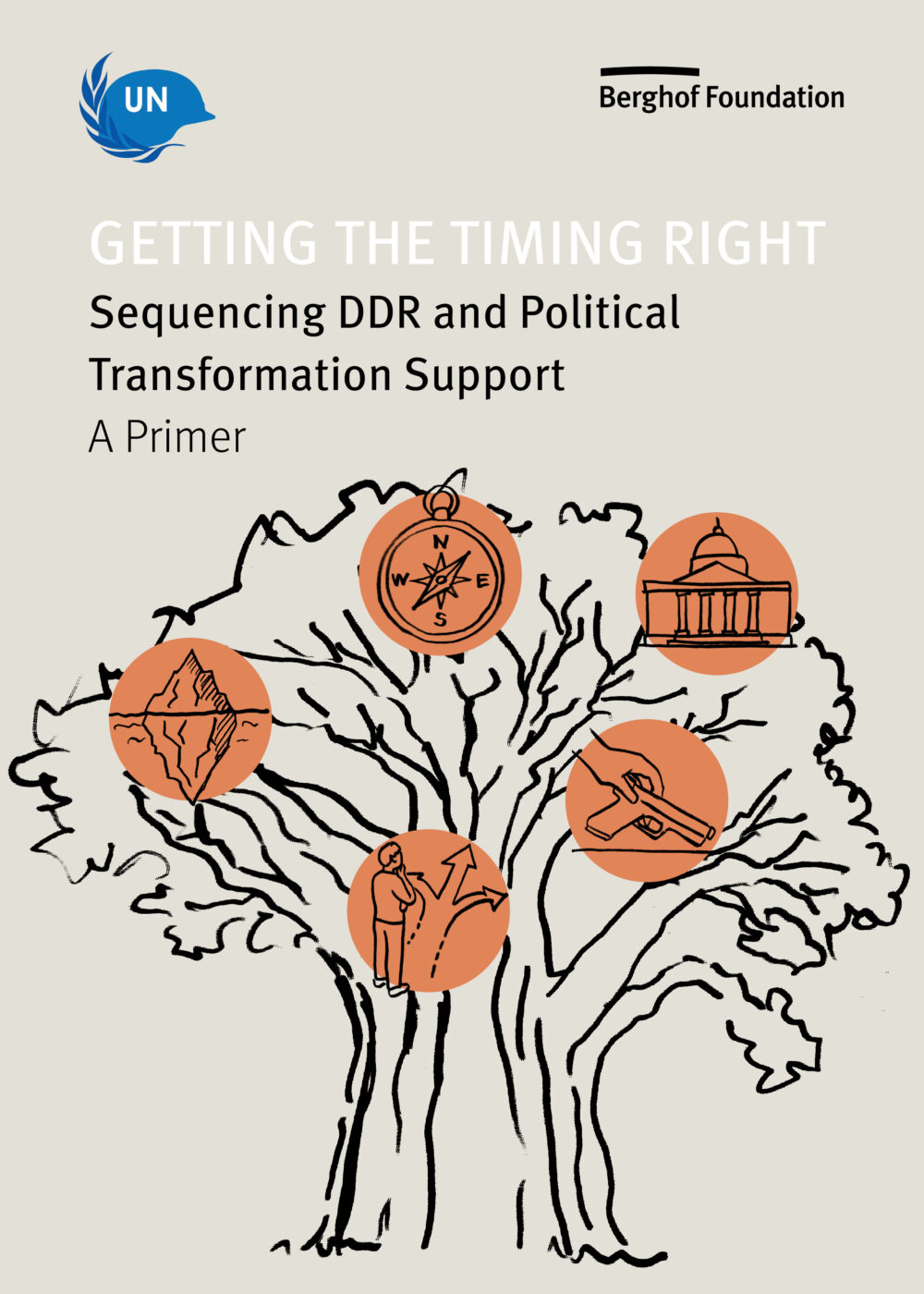10 Dec 2019
Dialogue with Salafi jihadi armed groups
Challenges and opportunities for conflict de-escalation
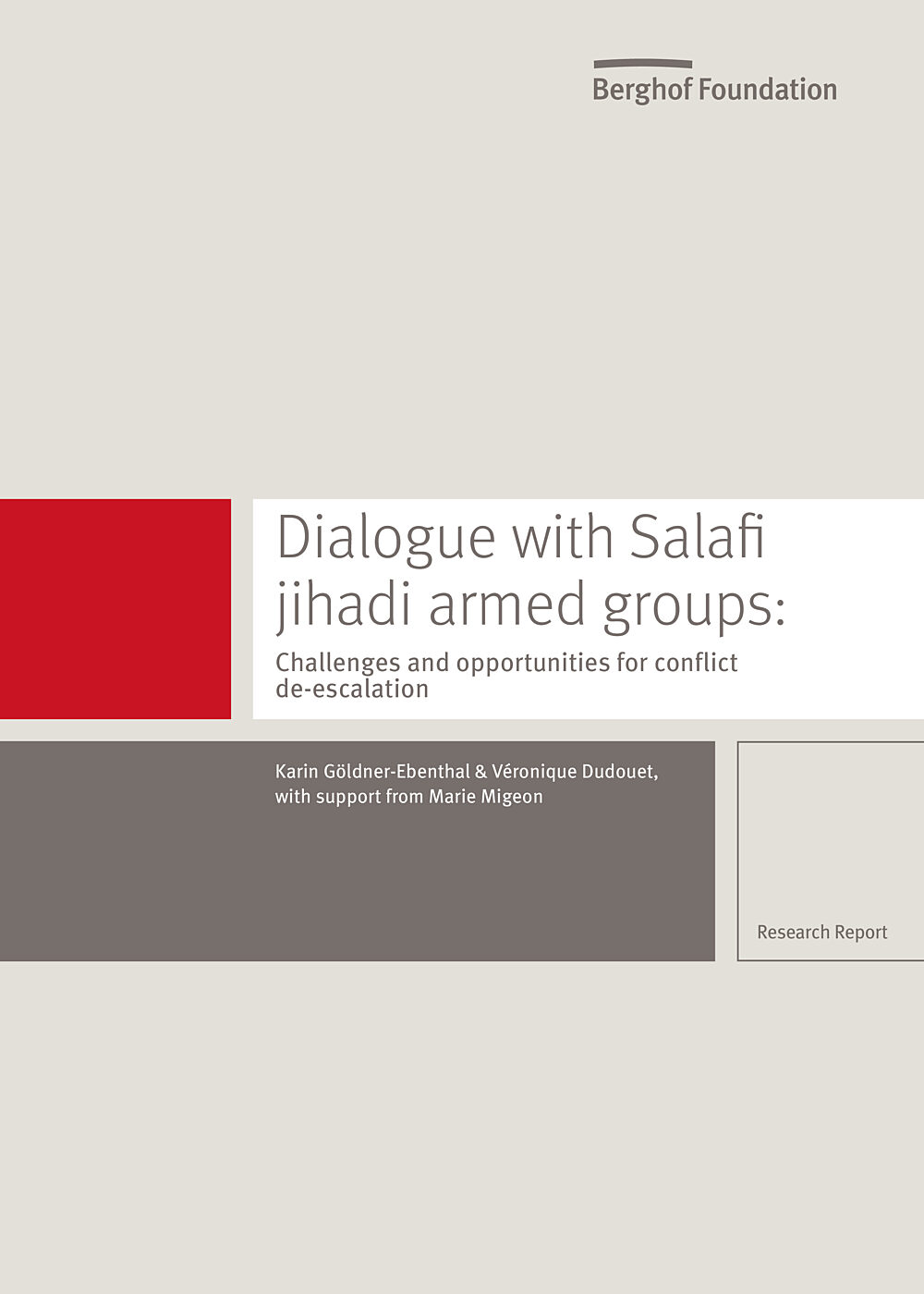
In some of the most intense ongoing armed conflicts (Syria, Iraq, Afghanistan, Somalia and Nigeria, to name a few), violent state challengers are characterised by their radical religious beliefs rooted in Salafi-based Islamism.
To better understand possible pathways to violence de-escalation or conflict transformation in such contexts, one needs to analyse the behavioural, ideological and organisational patterns of Salafi jihadi armed groups (SJAGs).
Authors
Karin Göldner-Ebenthal, Véronique Dudouet, Marie Migeon
There are many recurrent assumptions around SJAGs which dominate both policy and academic discourses, depicting them as transnational network-based entities that are detached from local societies, pursue irrational, non-negotiable goals, and employ extreme and egregious modes of action – openly committing atrocity crimes as a core part of their strategy. In the face of such insurgencies, governments and global counter-terrorist coalitions have prioritised violent counter-insurgency through military means, combined with measures to prevent violent extremism by seeking to reduce the appeal of SJAGs and undermine their recruitment strategies.
Yet so far, these approaches have failed to end violence or to achieve a military defeat of these groups, prompting policy-makers and analysts to explore alternative strategies, including soft-power dialogue engagement such as peace negotiations. In light of this recent development, there is a need to interrogate past practices and future options for negotiated settlements with SJAGs. What do we know about the (de-)escalation trajectories of SJAGs? How do these compare with those of other non-state armed groups (NSAGs)? What role does dialogue engagement play in their behavioural dynamics? What are the specific challenges of dialogue and negotiation, and how might these be mitigated? The purpose of this study is to advance knowledge on these questions.
- Salafi jihadi armed groups and conflict (de-)escalation. The case of Ahrar al-Sham in Syria
Karin Göldner-Ebenthal, Ahmed Elsayed. 2019
- Salafi jihadi armed groups and conflict (de-)escalation. The case of Ansar Dine in Mali
Tim Jan Roetman, Marie Migeon, Véronique Dudouet. 2019
- Salafi jihadi armed groups and conflict (de-)escalation. The case of al-Shabaab in Somalia
Karin Göldner-Ebenthal. 2019
- Challenges and opportunities for conflict resolution with Salafi jihadi armed groups. Policy brief No. 10
Véronique Dudouet, Karin Göldner-Ebenthal. 2020
- Expert Roundtable on Salafi jihadi armed groups. De-escalation trajectories and dialogue engagement – Workshop report
Karin Göldner-Ebenthal, Véronique Dudouet. 2020
Thanks for your interest
If you find this publication useful, please consider making a small donation. Your support enables us to keep publishing.


